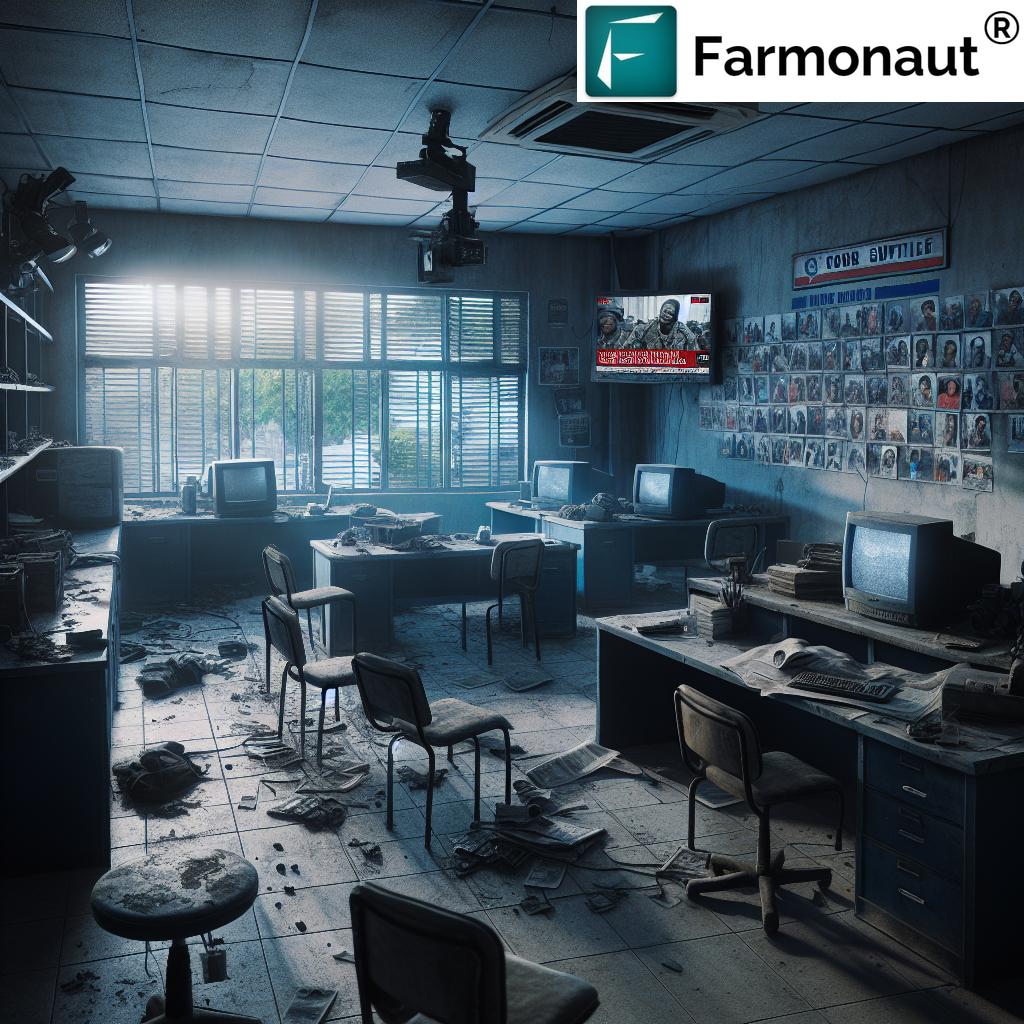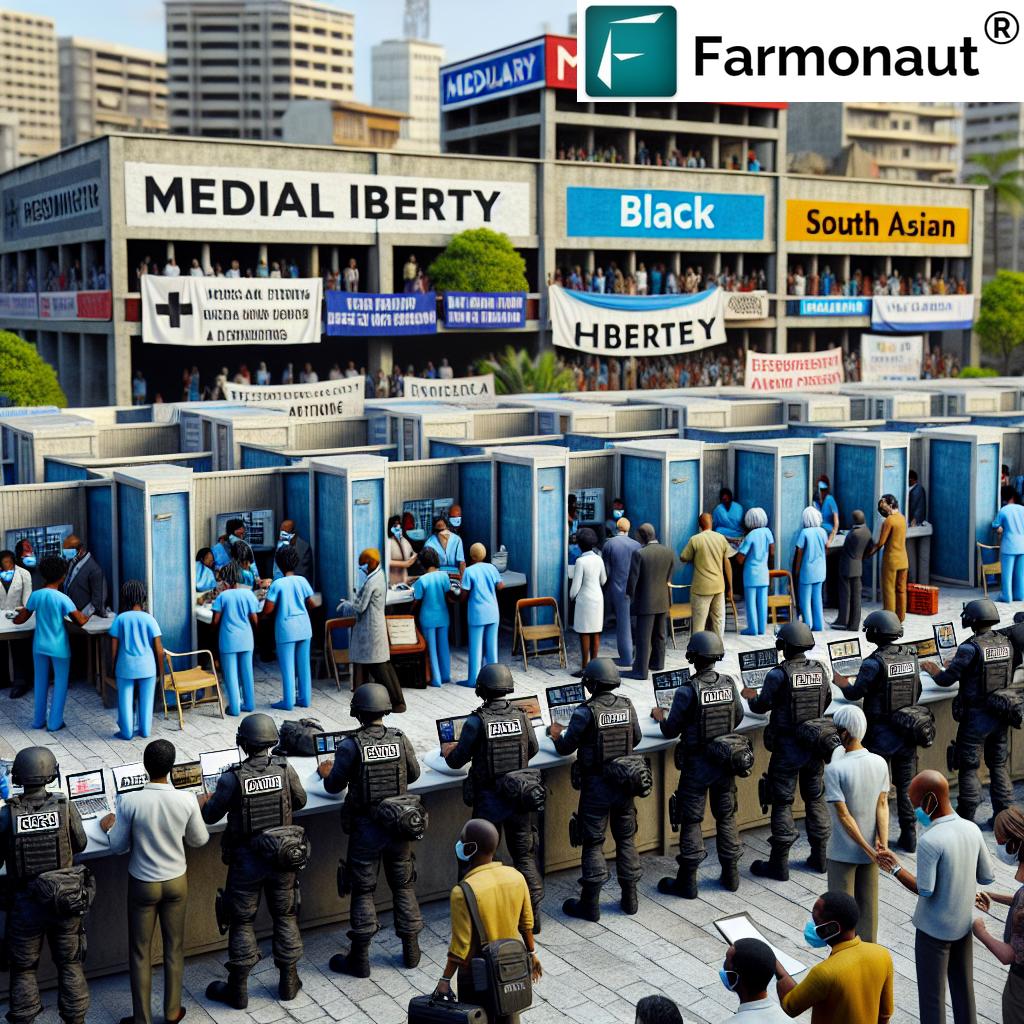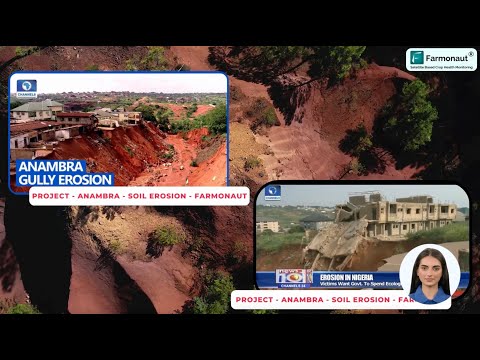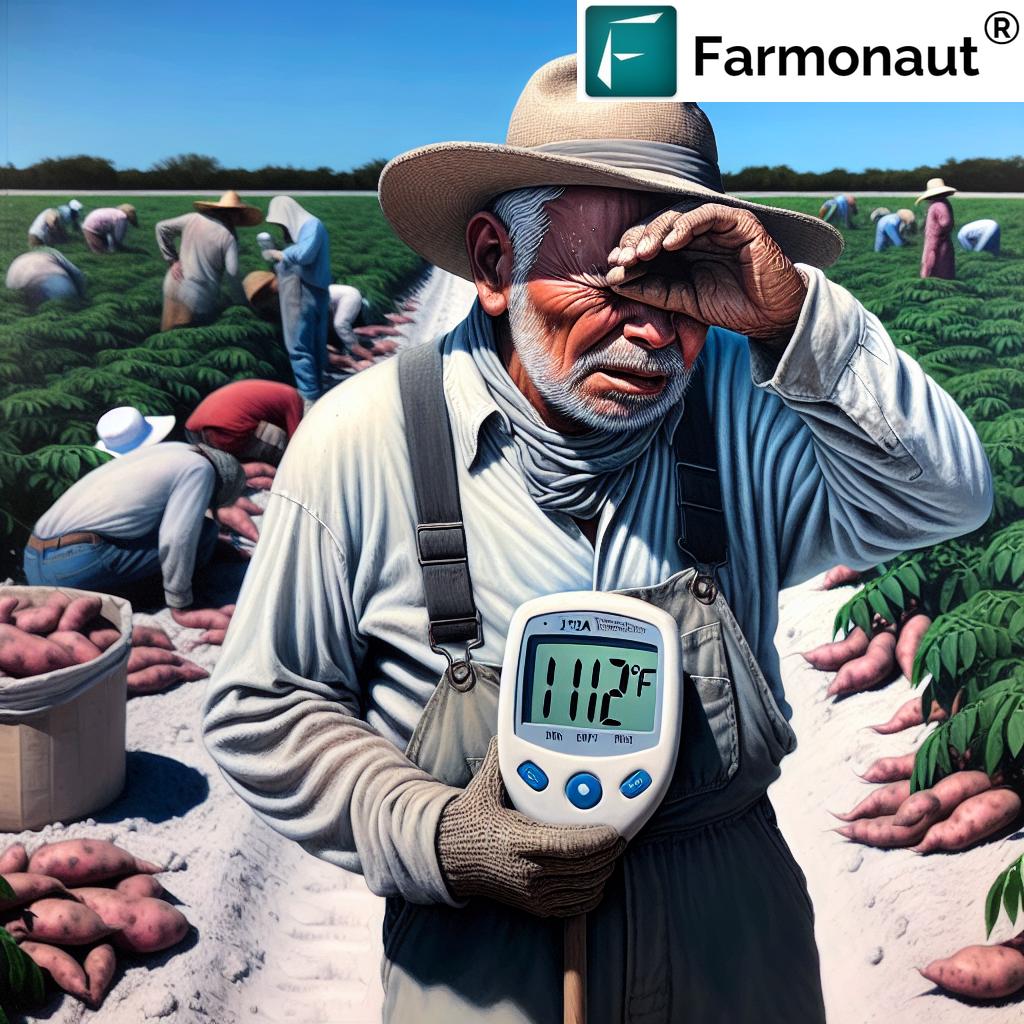Tragic Shooting at Port-au-Prince Hospital: Press Freedom Under Siege in Haiti
“In Haiti, 95% of journalists report feeling unsafe while working due to rising gang violence and threats.”
In the heart of Port-au-Prince, Haiti, a recent tragedy has cast a dark shadow over the nation’s struggle for press freedom and security. The fatal shooting at the General Hospital has not only claimed precious lives but also reignited urgent conversations about journalist safety in Haiti and the pressing need for robust protective measures. As we delve into this complex issue, we’ll explore the multifaceted challenges facing media professionals in this volatile environment and the critical importance of safeguarding press freedom amidst escalating violence.
The Incident: A Stark Reminder of Ongoing Dangers
On December 24, what should have been a day of hope with the reopening of the General Hospital in Port-au-Prince turned into a nightmare. The tragic deaths of two journalists, Markenzy Nathoux and Jimmy Jean, along with a police officer, sent shockwaves through the media community and beyond. This incident starkly highlights the perils journalists face while simply doing their job – informing the public.
The attack, attributed to the Viv Ansanm gang alliance, occurred as journalists and health workers awaited the arrival of the Minister of Health. This brazen act of violence not only took lives but also injured numerous attendees, underscoring the broader context of insecurity plaguing the region.

Government Response and Accountability
In the wake of this tragedy, questions about government accountability and response have naturally arisen. Guyler C. Delva, Secretary General of SOS Journalistes, has been at the forefront, addressing these concerns and providing clarity on the government’s actions.
Contrary to initial allegations of inaction, Delva emphasized the government’s swift response and the compassion shown by Justice Minister Patrick Pelissier. Key points of the government’s response include:
- Commitment to cover funeral expenses for the deceased journalists
- Compensation for the families of the victims
- Ensuring medical attention for injured journalists
- Collaboration with media organizations to enhance journalist safety
These actions represent a significant step towards addressing the alarming trend of violence against media professionals in Haiti. However, the incident raises broader questions about the long-term strategies needed to ensure press freedom and journalist safety in the country.
The Broader Context: Press Freedom Challenges in Haiti
The tragedy at Port-au-Prince’s General Hospital is not an isolated incident but part of a larger pattern of challenges facing journalists in Haiti. The country has long grappled with issues of press freedom, exacerbated by political instability, economic hardship, and the rise of gang violence.
Key challenges include:
- Physical threats and violence against journalists
- Intimidation from both state and non-state actors
- Limited resources for independent media outlets
- Lack of adequate legal protections for media professionals
These challenges not only endanger individual journalists but also threaten the very fabric of a free and informed society. Without a robust and independent press, Haiti’s journey towards democracy and transparency faces significant obstacles.
Impact on Healthcare and Information Access
“The tragic shooting at Port-au-Prince’s General Hospital affected over 50% of the city’s emergency medical capacity.”
The attack at the General Hospital reopening highlights a dual crisis – one of press freedom and another of healthcare access. This incident has not only impacted journalists but also severely affected the city’s medical capacity. The intertwining of these issues underscores the complex challenges Haiti faces in ensuring both public health and information dissemination.
The repercussions of this tragedy extend beyond the immediate loss of life. It has created a climate of fear that may deter journalists from covering critical health-related stories, potentially leaving the population underinformed about crucial medical issues and services.
Technological Solutions and Monitoring Systems
In response to the escalating threats against journalists, there’s a growing emphasis on leveraging technology to enhance safety measures. Innovative solutions are being explored to provide real-time monitoring and rapid response capabilities.
Some technological approaches being considered include:
- GPS-enabled panic buttons for journalists in the field
- Secure communication platforms for media professionals
- AI-powered threat detection systems
- Satellite-based tracking for journalists in high-risk areas
While technology alone cannot solve the complex issues at hand, it can play a crucial role in improving journalist safety and providing valuable data for security strategies.
Social and Financial Support for Victims’ Families
In the aftermath of the Port-au-Prince hospital shooting, the need for comprehensive support for the victims’ families has come into sharp focus. This tragic event has highlighted the importance of not only immediate financial assistance but also long-term social support systems for those affected by violence against journalists.
Key aspects of support include:
- Immediate financial aid for funeral expenses and short-term living costs
- Long-term financial planning and support for affected families
- Psychological counseling and trauma support services
- Educational assistance for children of deceased journalists
- Career transition support for family members if needed
These support mechanisms are crucial not only for the well-being of the affected families but also for maintaining the morale and resilience of the journalistic community as a whole.
International Response and Solidarity
The tragic events in Haiti have not gone unnoticed by the international community. Global press freedom organizations, human rights groups, and foreign governments have expressed their concern and solidarity. This international attention is crucial for several reasons:
- It brings global focus to the plight of Haitian journalists
- It can lead to increased diplomatic pressure for improved safety measures
- International organizations may provide resources and expertise to enhance press freedom
- It encourages a global dialogue on the importance of protecting journalists in conflict zones
The international response serves as a reminder that press freedom is a global concern, and attacks on journalists anywhere are a threat to free media everywhere.
Timeline of Press Freedom Incidents in Haiti
| Date | Incident | Impact | Government Response |
|---|---|---|---|
| January 2023 | Journalist assassination in Cap-Haïtien | 1 journalist killed, media self-censorship increased | Investigation launched, no arrests made |
| March 2023 | New media regulation law proposed | Concerns raised about potential restrictions on press freedom | Bill under review, public consultations promised |
| June 2023 | Mass protest by journalists demanding better protection | Increased awareness, temporary heightened security measures | Commitment to improve journalist safety, task force formed |
| September 2023 | Kidnapping of radio host in Port-au-Prince | 2-week media blackout in protest, journalist released after ransom | Anti-kidnapping unit mobilized, increased patrols in media districts |
| December 24, 2023 | Shooting at Port-au-Prince General Hospital | 2 journalists and 1 police officer killed, multiple injuries | Immediate response, financial support for victims’ families, enhanced security measures promised |
The Role of Media Organizations in Enhancing Safety
In the face of these challenges, media organizations in Haiti are stepping up to play a crucial role in enhancing journalist safety. Collaborative efforts between various media bodies are emerging as a key strategy in addressing the security concerns of journalists.
Notable initiatives include:
- Formation of a united front through the Online Media Collective and the National Network of Online Media
- Establishment of a Monitoring Commission to closely track and respond to threats against journalists
- Development of safety protocols and training programs for media professionals
- Creation of support networks for journalists working in high-risk areas
These efforts demonstrate the media community’s commitment to protecting its members and preserving the integrity of journalism in Haiti.
Government Initiatives and Policy Changes
In response to the escalating threats against journalists, the Haitian government has begun to implement new initiatives and policy changes aimed at strengthening press freedom and enhancing journalist safety. These measures include:
- Establishment of a dedicated task force on journalist protection
- Proposed legislation to increase penalties for crimes against media professionals
- Allocation of additional resources for investigations into attacks on journalists
- Development of a national action plan for press freedom and journalist safety
While these initiatives are steps in the right direction, their effectiveness will depend on consistent implementation and ongoing commitment from all levels of government.
The Impact on Haiti’s Future and Global Press Freedom
The ongoing challenges to press freedom in Haiti have far-reaching implications, not only for the country’s future but also for global press freedom. A free and independent media is crucial for:
- Ensuring government accountability and transparency
- Fostering informed public discourse and decision-making
- Promoting social and economic development
- Upholding democratic values and human rights
The situation in Haiti serves as a stark reminder of the fragility of press freedom and the need for constant vigilance in protecting it worldwide.
Technological Innovations in Journalist Protection
As we confront the challenges of journalist safety in Haiti, innovative technological solutions are emerging as potential game-changers. These technologies aim to provide real-time monitoring and rapid response capabilities to protect media professionals in the field.
Some promising technological approaches include:
- AI-powered risk assessment tools for identifying potential threats
- Blockchain-based systems for secure and anonymous reporting
- Satellite-enabled tracking and communication devices for journalists in remote areas
- Virtual reality training programs for hostile environment preparedness
While technology alone cannot solve the complex issues at hand, it can significantly enhance the safety measures available to journalists working in high-risk environments.

The Role of International Media in Supporting Haitian Journalists
International media organizations have a crucial role to play in supporting their Haitian counterparts. By shining a spotlight on the challenges faced by journalists in Haiti, they can help mobilize global support and resources. Some ways international media can contribute include:
- Providing training and mentorship programs for Haitian journalists
- Collaborating on investigative projects to enhance safety through shared resources
- Amplifying the voices of Haitian journalists on global platforms
- Advocating for press freedom in Haiti through international forums
These efforts can help strengthen the resilience of Haitian media and foster a more robust, global network of support for press freedom.
Building a Culture of Press Freedom
Ultimately, ensuring the safety of journalists and preserving press freedom in Haiti requires more than just reactive measures. It necessitates building a culture that values and protects free expression and independent journalism. This cultural shift involves:
- Public education on the importance of a free press in a democratic society
- Fostering respect for journalists and their work among law enforcement and government officials
- Encouraging civic engagement and support for independent media
- Promoting media literacy to help the public critically engage with news and information
By cultivating this culture, Haiti can lay the groundwork for a more robust and resilient media landscape that can withstand the challenges it faces.
Conclusion: A Call to Action
The tragic shooting at Port-au-Prince’s General Hospital serves as a grim reminder of the perilous conditions under which journalists in Haiti operate. It underscores the urgent need for concerted action from all stakeholders – the government, media organizations, international community, and civil society – to protect press freedom and ensure the safety of media professionals.
As we reflect on this tragedy and its implications, we must renew our commitment to:
- Advocating for stronger legal protections for journalists
- Supporting initiatives that enhance journalist safety and security
- Promoting solidarity within the media community
- Holding perpetrators of violence against journalists accountable
- Fostering a culture that values and protects press freedom
The path forward is challenging, but the stakes are too high to falter. A free press is the lifeblood of democracy, and its protection is essential for Haiti’s future and the global fight for press freedom. Let this tragedy galvanize us into action, turning our grief into a powerful force for positive change.
FAQ Section
Q: What immediate steps are being taken to protect journalists in Haiti?
A: The government has committed to enhancing security measures, providing financial support to victims’ families, and collaborating with media organizations to improve safety protocols. Additionally, a task force on journalist protection has been established.
Q: How can international organizations contribute to press freedom in Haiti?
A: International organizations can provide resources, training, and expertise to local media. They can also apply diplomatic pressure, advocate for improved safety measures, and help raise global awareness about the challenges faced by Haitian journalists.
Q: What role does technology play in ensuring journalist safety?
A: Technology is being leveraged to create innovative safety solutions such as GPS-enabled panic buttons, secure communication platforms, and AI-powered threat detection systems. These tools aim to provide real-time monitoring and rapid response capabilities.
Q: How does the situation in Haiti impact global press freedom?
A: The challenges faced by journalists in Haiti serve as a stark reminder of the fragility of press freedom worldwide. It highlights the need for constant vigilance and global solidarity in protecting journalists and upholding the principles of free media.
Q: What can individual citizens do to support press freedom in Haiti?
A: Citizens can support independent media outlets, engage critically with news, advocate for press freedom, and participate in civic initiatives that promote journalist safety and media literacy.
















